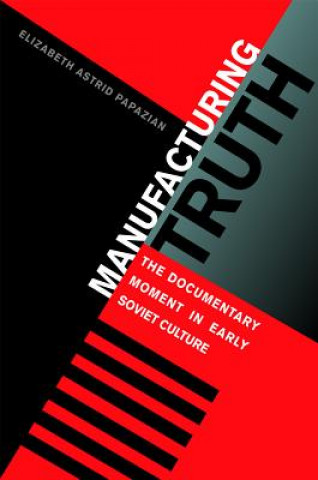
Kód: 04750184
Manufacturing Truth
Autor Elizabeth Astrid Papazian
This book offers an examination of the relationship between early Soviet documentary and the areas of journalism, politics, and art in early Soviet culture.The Bolshevik Revolution uprooted not only the social and political system ... celý popis
- Jazyk:
 Angličtina
Angličtina - Vazba: Pevná
- Počet stran: 296
Nakladatelství: Northern Illinois University Press, 2008
- Více informací o knize

1390 Kč

Skladem u dodavatele v malém množství
Odesíláme za 12-17 dnů
Potřebujete více kusů?Máte-li zájem o více kusů, prověřte, prosím, nejprve dostupnost titulu na naši zákaznické podpoře.
Přidat mezi přání
Mohlo by se vám také líbit
-
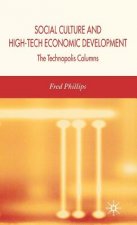
Social Culture and High-Tech Economic Development
2951 Kč -

Tempt Me with Darkness
367 Kč -
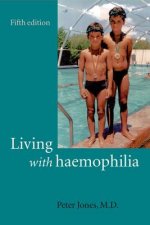
Living with Haemophilia
3408 Kč -
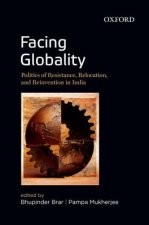
Facing Globality
1571 Kč -
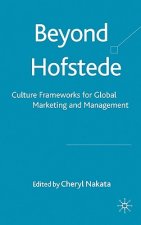
Beyond Hofstede
3313 Kč -
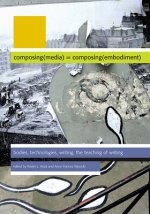
Composing Media Composing Embodiment
970 Kč -
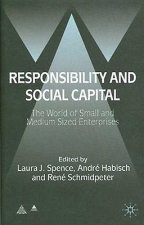
Responsibility and Social Capital
3313 Kč
Dárkový poukaz: Radost zaručena
- Darujte poukaz v libovolné hodnotě a my se postaráme o zbytek.
- Poukaz se vztahuje na celou naši nabídku.
- Elektronický poukaz vytisknete z e-mailu a můžete ihned darovat.
- Platnost poukazu je 12 měsíců od data vystavení.
Více informací o knize Manufacturing Truth
Nákupem získáte 139 bodů
 Anotace knihy
Anotace knihy
This book offers an examination of the relationship between early Soviet documentary and the areas of journalism, politics, and art in early Soviet culture.The Bolshevik Revolution uprooted not only the social and political systems of the Russian Empire but existing artistic institutions and traditions as well. Following the revolution, Soviet artists working in all different media had to respond to the urgent problem of how to make art relevant, even essential to the revolutionary project undertaken by the Bolshevik Party. Focusing on the years 1921-1934, "Manufacturing Truth" explores the great upsurge in documentary methods and approaches in the arts and reveals how the documentary impulse influenced the development of Stalinist culture. Documentary approaches in literature and film became a central means for redefining the role of the artist, of art itself, and of the institution of art in the new post-revolutionary Soviet society.The documentary impulse offered theorists and practitioners from a wide variety of artistic factions an opportunity for their art to be essential to the revolutionary project. Participation in this trend was supported not only by the avant-garde, which initiated it, but by representatives of artistic movements across the political and stylistic spectrum, in a variety of media. In using documents and documentary methods, writers and filmmakers of the era imparted to their artistic work a kind of authenticity, conveying a sense that they were producing an objective record of a reality that was being rapidly and radically transformed. At the same time, through the act of recording the building of socialism they became participants in the process, thus responding to a perceived historical imperative.As Soviet artists struggled toward the objectivity of historical processes, however, the tension between the two competing aspects of the documentary impulse - its evidentiary quality ("fact") and its discursive quality ("artifact") - grew into a contradiction. The anxiety of Soviet authors to be relevant and to prove themselves to be relevant to the revolution would lead them to the near effacement of authorship itself. Papazian analyzes the works of Sergei Tretiakov, Dziga Vertov, Maxim Gorky, and Mikhail Zoshchenko to reveal how the documentary impulse defined each author's individual artistic trajectory and led him inexorably to the socialist realist aesthetic. Readers of Russian history, cultural history, literature, and film studies will find much of interest in this engagingly written study.
 Parametry knihy
Parametry knihy
Zařazení knihy Knihy v angličtině Society & social sciences Society & culture: general Cultural studies
1390 Kč
- Plný název: Manufacturing Truth
- Autor: Elizabeth Astrid Papazian
- Jazyk:
 Angličtina
Angličtina - Vazba: Pevná
- Počet stran: 296
- EAN: 9780875803890
- ISBN: 087580389X
- ID: 04750184
- Nakladatelství: Northern Illinois University Press
- Hmotnost: 626 g
- Rozměry: 162 × 236 × 27 mm
- Datum vydání: 12. September 2008
Oblíbené z jiného soudku
-

Sapiens
265 Kč -

All About Love
303 Kč -
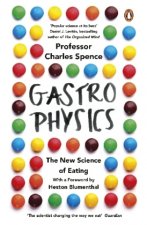
Gastrophysics
306 Kč -

Berserk: With Darkness Ink
586 Kč -
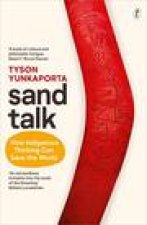
Sand Talk: How Indigenous Thinking Can Save The World
449 Kč -
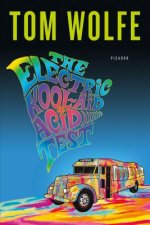
Electric Kool-Aid Acid Test
405 Kč -

Psychology of Harry Potter
428 Kč -
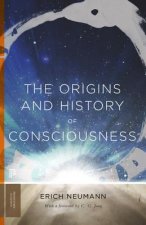
Origins and History of Consciousness
547 Kč -
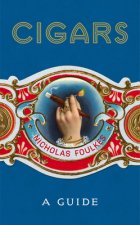
Cigars: A Guide
670 Kč -
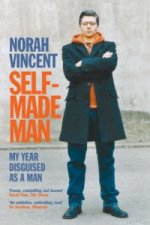
Self-Made Man
306 Kč -
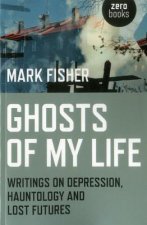
Ghosts of My Life
385 Kč -
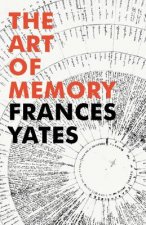
Art of Memory
517 Kč -
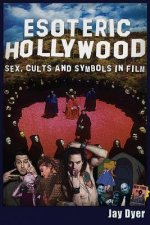
Esoteric Hollywood:: Sex, Cults and Symbols in Film
428 Kč -

Running the Gauntlet
791 Kč -
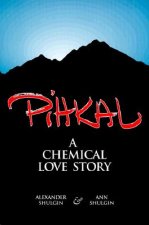
Pihkal
693 Kč -

Notes on Camp
90 Kč -
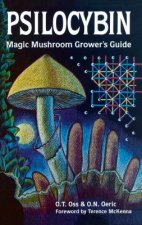
Psilocybin Magic Mushroom Guide
424 Kč -
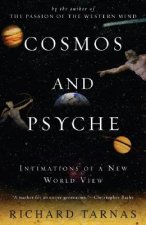
Cosmos and Psyche
462 Kč -
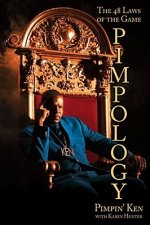
Pimpology
363 Kč -

How to Invent Everything
670 Kč -
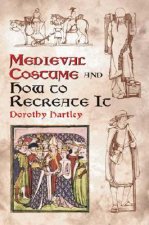
Medieval Costume and How to Recreate it
303 Kč -
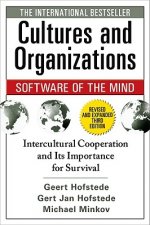
Cultures and Organizations: Software of the Mind, Third Edition
771 Kč -
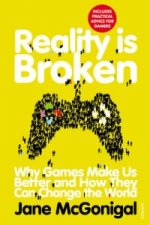
Reality is Broken
358 Kč -

Cannabis Breeder's Bible
473 Kč -

The Tipping Point
306 Kč -
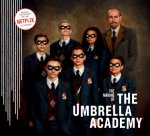
Making of The Umbrella Academy
967 Kč -

Should We Eat Meat? - Evolution and Consequences of Modern Carnivory
1023 Kč -
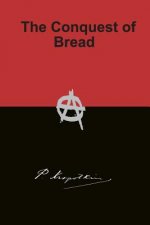
Conquest of Bread
298 Kč -
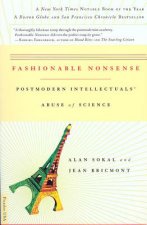
Fashionable Nonsense
518 Kč -

Traditional American Tattoo Design
582 Kč -
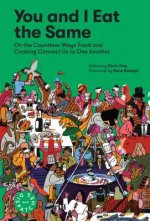
You and I Eat the Same:
393 Kč -
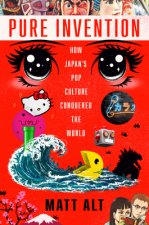
Pure Invention
663 Kč -
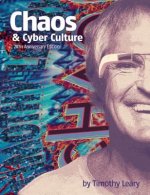
Chaos and Cyber Culture
535 Kč -

Cozy Days
661 Kč -
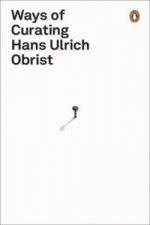
Ways of Curating
303 Kč -

Danse Macabre
303 Kč -
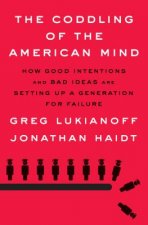
Coddling of the American Mind
690 Kč -

Sekiro: The Second Life Of Souls
679 Kč -
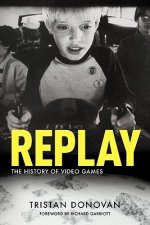
Replay: the History of Video Games
590 Kč -
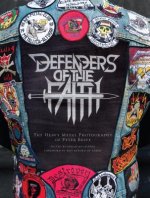
Defenders of the Faith
839 Kč -

Vogue Covers: On Fashion's Front Page
544 Kč -
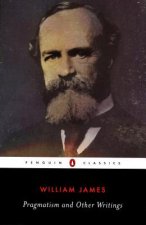
Pragmatism and Other Writings
357 Kč -
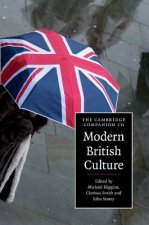
Cambridge Companion to Modern British Culture
970 Kč -
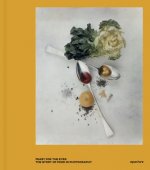
Feast for the Eyes
1341 Kč -
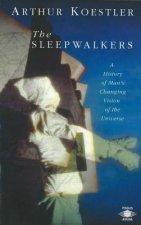
Sleepwalkers
495 Kč -
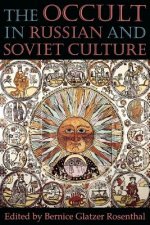
Occult in Russian and Soviet Culture
1229 Kč -
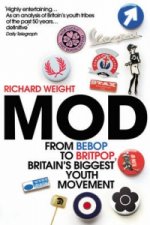
MOD
410 Kč -
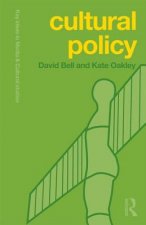
Cultural Policy
1070 Kč -
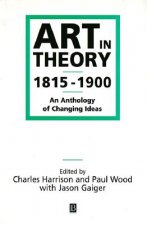
Art in Theory 1815-1900
2572 Kč
Osobní odběr Praha, Brno a 12903 dalších
Copyright ©2008-24 nejlevnejsi-knihy.cz Všechna práva vyhrazenaSoukromíCookies


 Vrácení do měsíce
Vrácení do měsíce 571 999 099 (8-15.30h)
571 999 099 (8-15.30h)